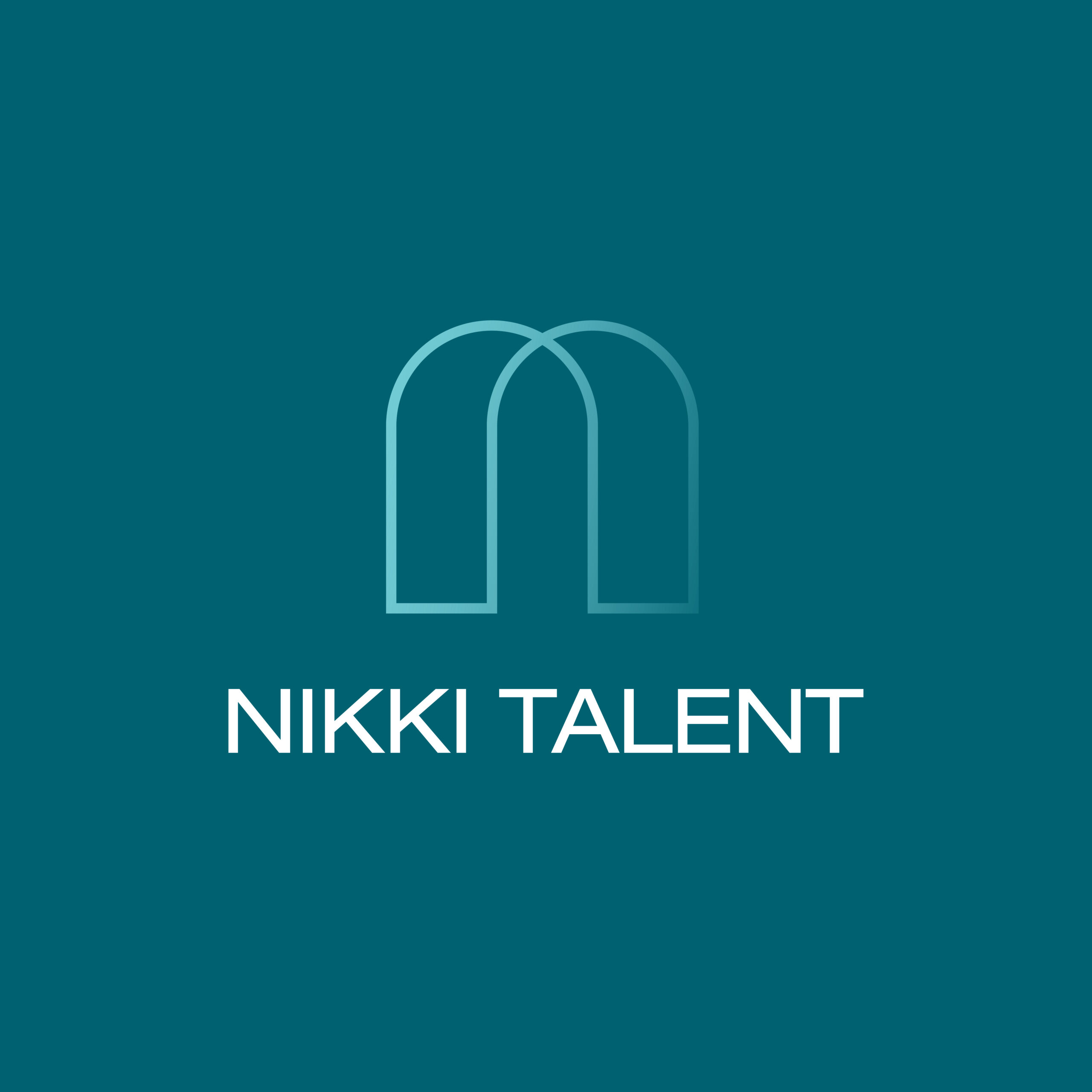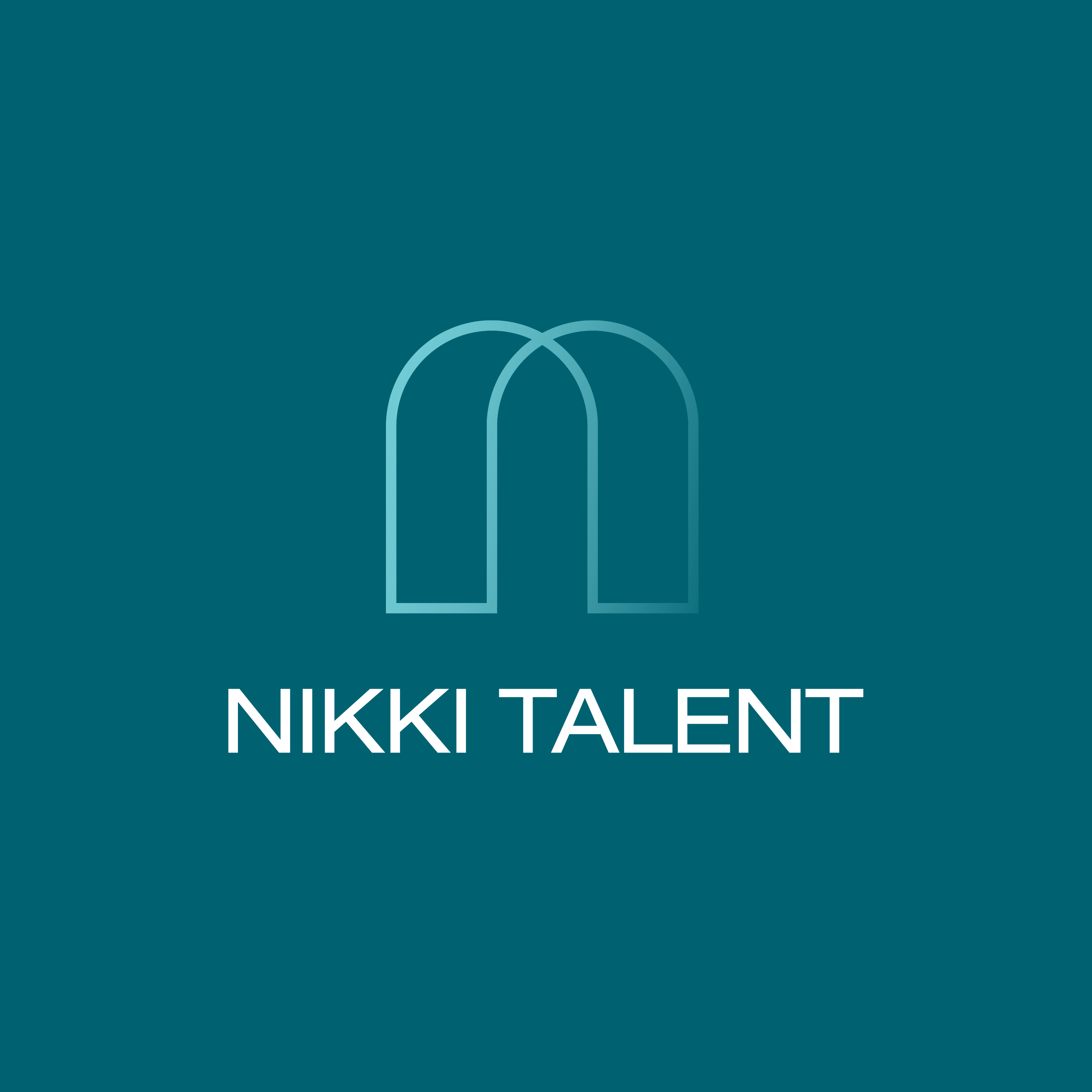A Guide To Behavioural Based Interview Questions
Behavioural Based Interview Questions – What Are They and Why are they being asked?
A typical interview will span a few types of interview techniques and questions. Many interviews will include broad opening questions which could be vague in nature such as ‘tell me about yourself’, or ‘please run me through your most recent career roles’. Most interviews will include specific task and role related questions such as asking about what IT systems or platforms you have experience in using.
One key interviewing technique is using Behavioural Based questions. These are designed to uncover how you have behaved in the past. Interviewers are seeking to delve into your soft skills, critical thinking abilities, time management skills, people management and your ability to manage real-life situations in the workplace. Based on your response, the interviewer will have a stronger sense of how you will act and behave in similar scenarios in the future.
By asking behavioural based questions, the interviewer is able to develop an understanding of how you apply your hard skills and knowledge in the role, how you solve problems, collaborate with others and navigate the nuances of the workplace. Furthermore, they are looking to see how you’ve taken accountability in roles and what you’ve learnt from your experiences to date.
Examples of Behavioural Based Interview Questions and Mock Answers
Walk me through a time when you’ve encountered a difficult situation at work and how you managed it.
In this question, the interviewer is looking to understand what you define as a difficult situation, how you behave when you are faced with such a situation and how you problem solve.
Advice for answering this question includes selecting a particular situation, outlining the problem faced, how you calmly assessed the situation and then took purposeful action to resolve it successfully. It’s advisable to focus on the positive action you took and not to dwell on going into every detail about the difficult situation. Close by outlining what you learnt from the experience.
For example:
You could describe a time when you were managing a project and a key team member had to pull out due to a personal emergency, leaving critical work to be completed for the projects success. As the project lead, you assessed the situation, met with the other project members and devised a plan for additional resource to complete the work. Through detailed management and training of the freelancer, the project was completed on time and to expected standards. The situation taught you the importance of keeping calm, having a great existing freelancer network and relationships, allocating budget for unforeseen events and clear communication.
Describe a time when you’ve motivated a team during a busy period at work.
If you are interviewing for a managerial role, then the interviewer will want to see how you effectively manage, motivate and retain team members. For this sort of question, you will want to showcase how you manage and how you are an influential leader during a busy time at work.
For example:
You could explain the busy period and what made it busy, this could be a work pitch, seasonal reasons, staffing constraints or simply due to a big deadline. By uniting your team under a common goal, you were able to keep their morale high and focused on the result. Your management style includes holding frequent employee check ins, which enable you to understand deeply each individuals aspirations. As a result, during the busy time, you were able to set them specific tasks that helped them achieve their personal career goals, motivating them further to succeed.
You established frequent team meetings and celebrated results along the way. Through proactive employee reward and recognition, team members stayed motivated as they felt seen, heard and highly valued by management and each other.
Tell me about your proudest professional accomplishment.
This is a lovely question to answer, but still it’s a good idea to prepare beforehand so that you can cover key elements that the interviewer will wish to hear. By connecting your accomplishment back to the skills and learning experiences in your role, you will make your answer concise and relevant to your future role.
By asking this question, the interviewer is looking to see what motivates you at work and what makes you light up. It’s a real opportunity for you to shine and showcase a key achievement that you’re proud of. It’s a good idea when answering this question to be precise, quantify the action and the steps you took.
For example:
You could describe how one of your proudest accomplishments was turning around an underperforming team. Through devising and running tailored training and development programmes, you were able to up-skill the team and identify knowledge gaps for further training. Additionally, you took a data driven approach by conducting surveys and focus groups and analysing the results. This enabled you to set a strategic roadmap towards success that you presented to the team so that they could see the vision and get on-board. After a twelve month period, the teams results had improved by 62% and are continuing to rise.
You could then outline how this experience taught you the importance of thorough team training, data driven decision making and bringing team members on the journey through presenting a strategic vision so they can see and feel the bigger vision that they are contributing towards.
I hope these Behavioural Based Interview questions and tips help when preparing for interviews.


